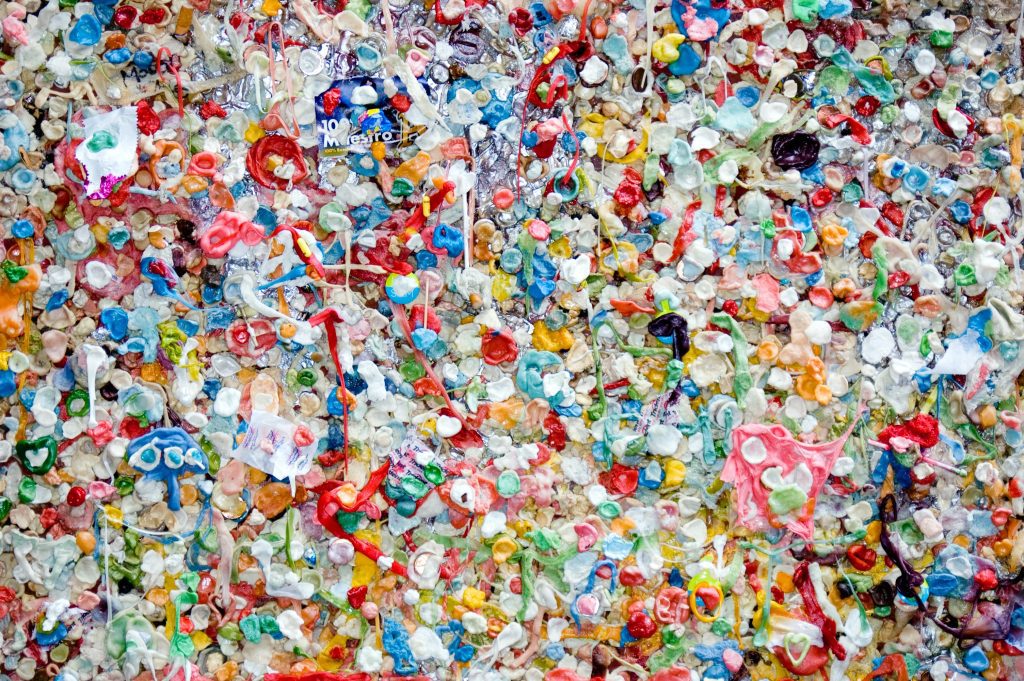Did You Know That Chemicals In Plastic Could Cause Obesity?
What steps are you taking to reduce the presence of plastics in the environment? Reducing plastics helps the environment and is essential for improving your health and wildlife.
Plastic products may break down into microplastics that could infiltrate your body, wildlife, and waterways. They are also rich in chemicals like Bisphenol A (BPA), responsible for endocrine disruption. Recent studies have discovered that chemicals in plastic could improve your chances of obesity but are yet to pinpoint the specific culprit.

According to Martin Wagner, the chemicals present in plastics can disrupt your metabolism through adipogenesis. He adds that adipogenesis improves your vulnerability to obesity and weight gain. Unfortunately, chemicals responsible for weight gain and obesity may differ entirely from regular culprits like BPA.
A recent study examined 34 common plastics using mass spectrometry, and the researchers discovered that a third of them contain chemicals triggering fat cell growth. Some of the chemicals identified as metabolic disruptors are unavailable in plastics.
The study helped scientists prove that factors contributing to obesity go beyond diet, genetics, and lifestyle hence the need to explore other environmental factors. BMI continues to rise in the US despite continuous physical activity and dietary options.
Researchers believe chemicals may leak from plastic containers when heat is introduced, inhaled, or chewed. They may also seep through gloves and slippers when worn over longer periods, but more research is needed to prove or refute the claims.

Microplastics break down in clothing, landfills, clothing, and other items to find their way into waterways and soil. The microplastics enter your body through water, food, and inhaled air. Eradicating plastics will be of great help to humanity and the environment at large.
